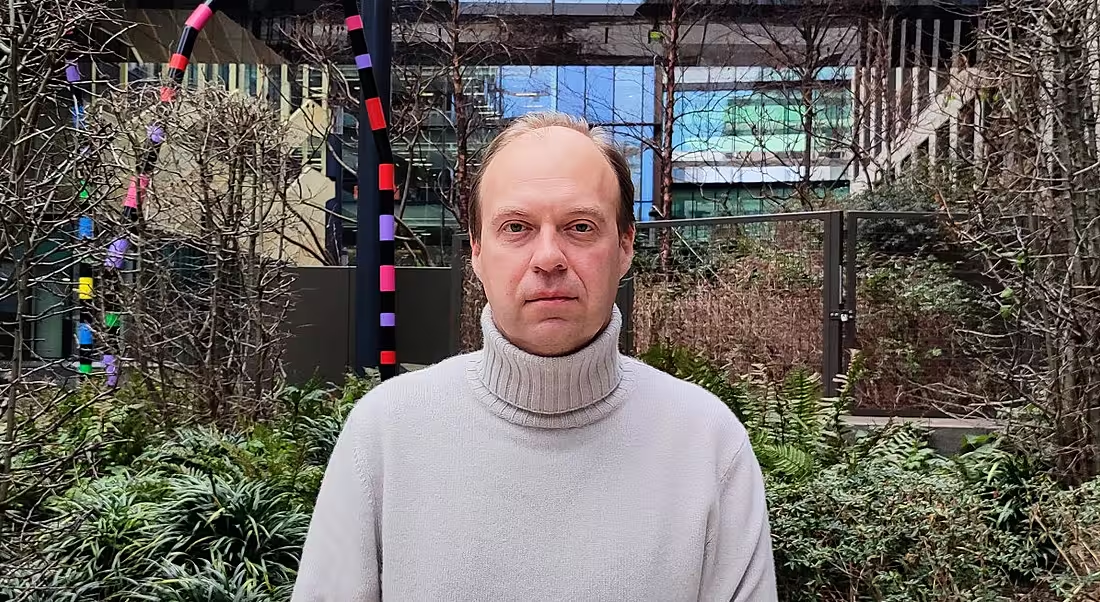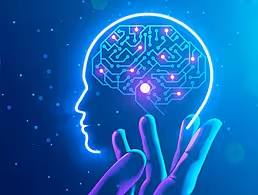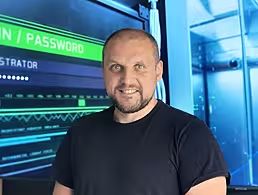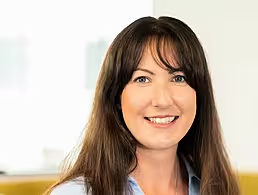Senior software engineer Oleksiy Ryabchuk discusses his day to day at Integral Ad Science and gives his top tips for improving productivity at work.
Oleksiy Ryabchuk’s software engineering journey has mostly been dedicated to the development of internet and mobile banking solutions, as well as crafting software solutions for diverse domains.
After he moved from Ukraine to Ireland more than two decades ago, Ryabchuk continued his software engineering career at a number of companies including Snap-on Diagnostics, CR2 and HubSpot, before settling into his current role as senior software engineer at Integral Ad Science (IAS) last September.
For Ryabchuk, his favourite parts of software engineering are the problem-solving processes and the creative aspects of designing solutions.
“The ability to positively impact people’s lives through software products I create is especially fulfilling and motivating.”
If there is such a thing, can you describe a typical day in the job?
My typical day begins with checking emails and Slack messages to catch up on communications from colleagues in different time zones. Following task prioritisation, I allocate ample uninterrupted time to review pull requests, engage in hands-on coding and delve into project details, facilitating consistent and significant progress toward my daily goals. As the day unfolds, I participate in Zoom meetings with team members, particularly those in the US and the UK, providing progress updates and engaging in discussions about immediate challenges and potential solutions.
What types of engineering project do you work on?
Since joining IAS, I have been involved in projects spanning both advertisers and publishers, building solutions that enable accurate measurement and reporting to meet the diverse requirements of our customers.
‘Rapid changes in the software engineering field require me to take a proactive approach to continuous learning’
What engineering skills do you use on a daily basis?
As a full-stack engineer, my daily responsibilities encompass a range of engineering skills spanning both front-end and back-end development. On the front-end, I leverage my proficiency in JavaScript, TypeScript and React to craft responsive and interactive user interfaces. On the back-end, I utilise Java and Spring Boot to build robust microservices and APIs.
One particularly valuable skill in my role involves the ability to read, understand and modify minified JavaScript code. This skill proves instrumental when dealing with third-party libraries or troubleshooting customer integration issues.
What are the hardest parts of engineering, and how do you navigate them?
In the realm of remote work, I find it crucial to establish clear boundaries between my professional and personal life. This involves setting defined work hours, creating a dedicated workspace and ensuring effective communication with colleagues. As a non-native English speaker, expressing intricate technical ideas introduces an additional layer of complexity. To tackle this challenge, I concentrate on enhancing my language proficiency and writing skills.
Additionally, the rapid changes in the software engineering field require me to take a proactive approach to continuous learning. I prioritise staying current by dedicating time to learning new tools and technologies through reading books, blogposts, listening to podcasts and taking training courses.
Do you have any productivity tips that help you through the day?
I find that my productivity significantly improves when I break big tasks into smaller, more manageable ones. This approach makes the workload seem less daunting and allows me to focus on completing one step at a time. Eliminating distractions as much as possible, like turning off unnecessary notifications and putting away mobile phones so they cannot be easily reached. Moreover, I’ve developed a habit of taking two walks outside – one before starting my workday and another during lunch. The fresh air helps to clear my mind and recharge my brain, providing a valuable boost to my health and productivity.
What skills and tools are you using to communicate daily with your colleagues?
We employ Slack for instant messaging, facilitating quick and efficient communication within our team, while Zoom serves as our go-to platform for video conferencing, allowing for face-to-face interactions.
What advice would you give to someone who wants to work in engineering?
For those aspiring to work in engineering, remember the importance of lifetime learning. Stay prepared to absorb new knowledge, as technology and methods in the field constantly evolve and accelerate.
Find out how emerging tech trends are transforming tomorrow with our new podcast, Future Human: The Series. Listen now on Spotify, on Apple or wherever you get your podcasts.




